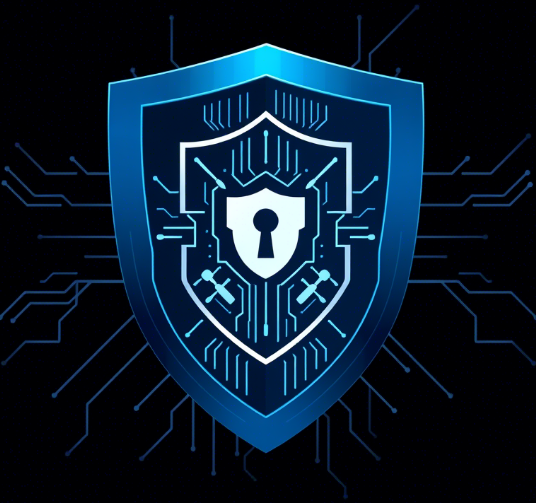When it comes to the realm of cybersecurity, it is imperative for individuals to possess a comprehensive understanding of incident response and reporting. In an increasingly interconnected world, the risk of cybersecurity incidents, such as data breaches or unauthorized access to personal information, has become a prevalent concern. Therefore, educating individuals about the necessary steps to take in the event of such incidents, as well as the resources available for assistance and recovery, is of utmost importance.
First and foremost, individuals should be equipped with the knowledge of identifying potential cybersecurity incidents and suspicious activities. This includes being aware of warning signs such as unexpected system behaviors, unauthorized account access, or unusual network activities. By being vigilant and observant, individuals can recognize signs of a cybersecurity incident at an early stage and initiate prompt action.
Educating individuals about incident response and reporting is vital in the realm of cybersecurity. By familiarizing individuals with the steps to take in the event of a cybersecurity incident, encouraging prompt reporting, providing information about available resources, emphasizing evidence preservation, and promoting ongoing cybersecurity awareness, individuals can play an active role in mitigating the impact of incidents and contributing to a more secure digital landscape.
In the event of a cybersecurity incident, it is crucial for individuals to report the incident to the appropriate authorities or organizations. This ensures that the incident is properly documented and necessary actions can be taken to mitigate the potential damage. The reporting process may vary depending on the nature of the incident and the jurisdiction, but individuals should be familiar with the designated reporting channels, such as contacting local law enforcement agencies or reporting to the organization’s IT or security department. By promptly reporting incidents, individuals contribute to the collective effort in combating cyber threats and protect others from potential harm.
Additionally, individuals should be aware of the available resources for seeking assistance and support following a cybersecurity incident. This includes understanding the role of incident response teams, computer emergency response teams (CERTs), or cybersecurity organizations that specialize in incident management. These entities have the expertise and capabilities to investigate incidents, provide guidance on remediation measures, and offer support during the recovery process. Individuals should be encouraged to reach out to these resources for guidance and assistance, as their expertise can help mitigate the impact of the incident and prevent future occurrences.
Furthermore, individuals should be educated on the importance of preserving evidence in the aftermath of a cybersecurity incident. Preserving evidence, such as screenshots, log files, or any relevant communication records, can be invaluable for the investigation and prosecution of cybercriminals. Individuals should be advised to avoid tampering with potential evidence and to consult with appropriate authorities or cybersecurity professionals on how to properly collect and document evidence to ensure its admissibility.
In order to enhance incident response and reporting capabilities, individuals should also be encouraged to stay informed about the latest cybersecurity trends, best practices, and preventive measures. This can be achieved through ongoing education and awareness programs, which provide individuals with the knowledge and skills necessary to protect themselves and their digital assets. Such programs may include training sessions, workshops, or online resources that cover topics such as password security, phishing awareness, and safe browsing habits. By fostering a culture of cybersecurity awareness, individuals become better equipped to detect, respond to, and report cybersecurity incidents effectively.

Leave a Reply